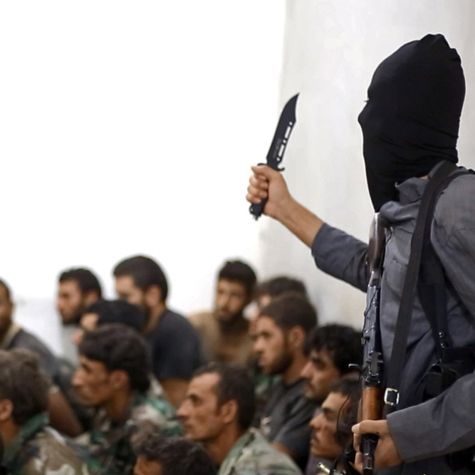Islamist extremism and Islamist terrorism


Islamist extremism represents a variant of political radicalism that asserts the presence of a divinely sanctioned order—deemed inherently “true” and absolute—which supersedes any system created by human authority. This broad term encompasses multiple factions and ideologies that vary in their foundational beliefs, regional focus, and operational tactics.
At its core, Islamist extremism holds that Islam, as a global faith, extends beyond private devotion or personal spirituality. Adherents believe it should also influence—or even control—societal norms and political structures, at least in part. Such views directly oppose democratic values including popular sovereignty, the division between religion and state, free speech, and universal equality—principles enshrined in the Basic Law of the Federal Republic of Germany.
Citing religious justification, Islamist extremists aim to dismantle, in whole or in part, the free democratic constitutional order of Germany. As a result, this form of extremism falls under the jurisdiction of Germany’s domestic intelligence agencies.

Militant jihadist groups such as the so-called Islamic State (IS) and al-Qaeda advocate the use of terrorism against “nonbelievers” and regimes they deem illegitimate as a vital component of their pursuit to establish a theocratic regime. Their operations are transnational, posing a security threat to numerous nations worldwide.
Although IS lost control of its final stronghold in Baghuz, Syria, in 2019, and al-Qaeda has seen a decline in influence, jihadist ideology remains persistent. This is evidenced by the continued presence of organizational networks, committed supporters, and widespread dissemination of propaganda, particularly through online platforms.
Germany continues to be viewed as a hostile nation by jihadist factions, making it a persistent target. A significant danger lies in the threat posed by individuals or small groups who act independently but are ideologically aligned or inspired by extremist content. Over the past years, most attacks in Germany have been carried out by such lone actors or loosely organized cells, often following guidance or encouragement from jihadist sources. Even with IS’s weakened operational structure, the risk of complex, coordinated assaults—like those seen in Paris and Saint-Denis on 13 November 2015—remains a concern.
These attackers may operate without direct orders but often act in alignment with broader jihadist objectives. A hallmark of these attacks is the use of common, everyday tools or weapons and a focus on high-visibility or vulnerable civilian targets. While labeled “lone,” these individuals are rarely entirely disconnected—they frequently draw on logistical advice and motivational support from extremist networks based abroad.
In many cases, such acts of violence are preceded by a process of Salafist-inspired radicalisation. This process is heavily influenced by extremist propaganda, online networking, and the activities of local Salafist communities and their preachers in Germany.